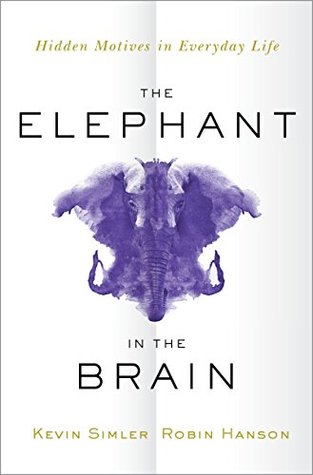More on this book
Community
Kindle Notes & Highlights
by
Kevin Simler
Read between
April 27 - May 20, 2018
patients who receive more medicine don’t achieve better health outcomes. Still, these are just correlational studies, leaving open the possibility that some hidden factors are influencing the outcomes, and that somehow (despite the absence of correlation) more medicine really does improve our health. To really make a strong case, then, we need to turn to the scientific gold standard: the randomized controlled study. This can better reveal if increased medical care actually causes better outcomes. Spoiler alert: it doesn’t.
THE RAND HEALTH INSURANCE EXPERIMENT Between 1974 and 1982, the RAND Corporation, a nonprofit policy think tank, spent $50 million to study the causal effect of medicine on health. It was, and remains, “one of the largest and most comprehensive social science experiments ever performed in the United States.”22
This helps explain why people don’t browse the web during church. Yes, you probably have “better things to do” than listen to a sermon, which is precisely why you get loyalty points for listening patiently. In other words, the boredom of sermons may be a feature rather than a bug.
The real benefit, instead, comes from listening together with the entire congregation. Not only are you learning that compassion is a good Christian virtue, but everyone else is learning it too—and you know that they’re learning it, and they know that you’re learning it, and so forth.
In other words, sermons generate common knowledge of the community’s norms.
The ideal situation would be for the brain to be able to have its cake (convincing others that it fears God’s wrath) and eat it too (go on behaving as if it didn’t fear God at all).
Even if a person wanted to vote “selfishly,” however, the bigger problem is that voting doesn’t make sense as an economic activity.4 Voting costs time and effort—not just a trip to the polls, but also the work required to form an opinion beforehand, like reading news and watching debates. And yet the personal benefits are infinitesimal. It’s true that your life might improve if Candidate A is elected instead of Candidate B, but the odds that your single vote will tip the scales is miniscule. In the 2008 U.S. presidential election, for example, this figure was estimated at 1 in 60 million.5 So
...more
“Our virtues are most frequently but vices in disguise.” “We cannot look squarely at either death or the sun.” FRANÇOIS DE LA ROCHEFOUCAULD, 1678
If we admit to harboring hidden motives, then, we risk looking bad, thereby losing trust in the eyes of others.
Humans are living creatures through and through; we can’t transcend our biology any more than we can transcend the laws of physics. So if we define virtue as something that arises from nonbiological causes, we set a literally impossible standard. If we want to improve ourselves, it must somehow be through our biological heritage.


